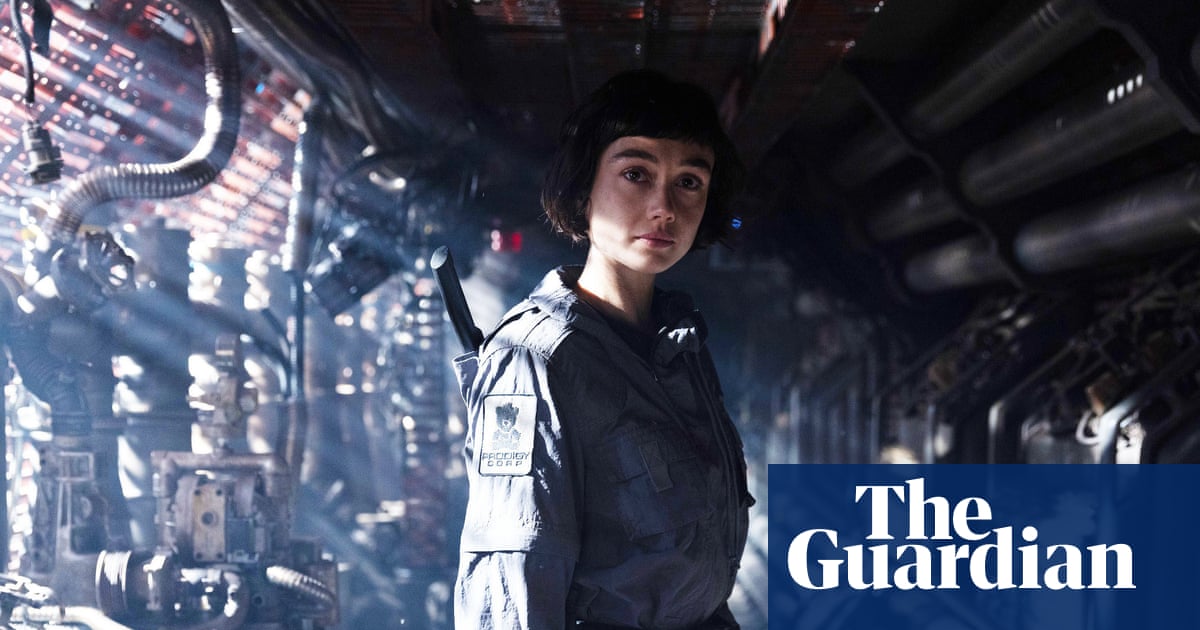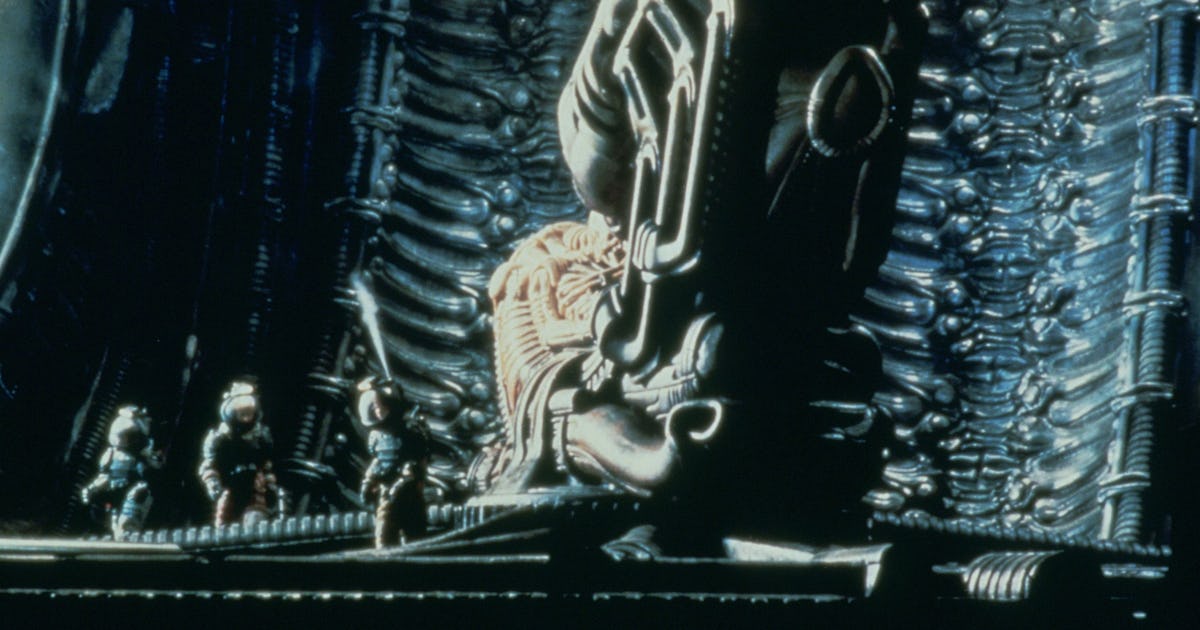#alien-franchise
#alien-franchise
[ follow ]
#noah-hawley #sci-fi #weyland-yutani #science-fiction #xenomorph #survival-horror #xenomorphs #horror #disney
fromVulture
4 months agoThe Androids of the Alien-verse, Ranked by Their Humanity
Spoilers ahead for all of the Alien films and Alien: Earth. Do androids dream of electric sheep? What about plain-Jane organic sheep who've been hijacked by a grapefruit-size eyeball with tentacles? Alien: Earth, Noah Hawley's ambitious, oft-confounding TV expansion of the slimiest franchise in cinema history, isn't afraid to ask the big questions. Specifically, the ones about what makes us human and whether we're bound to acknowledge the humanity - for want of a better word - of machines that think, feel, suffer, and dream.
Television
fromRoger Ebert
4 months agoA Tale of Two Machines: On the First Season of "Alien Earth" | Interviews | Roger Ebert
Characters in the "Alien" franchise have always wrestled with identity crises. Whether it's human beings trying to transcend the limits of their finitude through interstellar travel, or synthetic machines passing themselves off as humans, there's always a disconnect with one's baseline identity that drives protagonists and antagonists alike. "Alien: Earth," the first television series set in the franchise and set two years before Ridley Scott's original film, continues this existential tradition but through the experiences of two new entities.
Television
fromThe Verge
4 months agoAlien: Earth's beefy tablets were inspired by Sony's classic Watchman
Though technology has always played an important role in the Alien franchise, FX's Alien: Earth series is the first chapter to really dig into the inner workings of the tech companies responsible for unleashing xenomorphs onto humanity. To corporations like Weyland-Yutani and its competitors, the show's aliens present an opportunity to develop products that could boost their stock valuations to astronomical new heights. But to show us how powerful these companies already are, Alien: Earth spends a lot of time focusing on the tech that made them rich - things like futuristic guns, space ships, androids, and tablets.
Television
fromVulture
4 months agoAlien: Earth's Eyeball Monster Has Already Won
Yes, I'm talking about the Eyeball, the seventh-grade horror fan's notebook doodle come to CGI life, which is being held on Boy Kavalier's island with the rest of Weyland-Yutani's intergalactic spoils. While there are many new creatures that crashed to Earth aboard the specimen-filled Maginot, a ship on a biological-research mission, there is only one with the kind of shit-talking (and shit-taking) main-character energy to ensure it will be haunting our nightmares even longer than the original Xenomorph.
Television
fromVulture
4 months agoA Guide to Traversing the Furthest Reaches of the Alien Franchise
When we think of the Alien franchise and its corner of space (where no one can hear you scream), we tend to think of the movies. These range from bona fide horror classics to action-adventure thrillers to bizarre deep dives into Alien lore to, well, Alien vs Predator: Requiem. However, extraterrestrial lifeforms have been popping out of chests in places outside the movie theater, and you'd be missing out if you didn't explore the potential Alien has in other mediums.
Miscellaneous
fromEsquire
5 months agoSigourney Weaver Loves 'Alien: Earth,' Too
"What I admire about it is it's not Alien-centric," she said. "It is about what world we will be living in in 100 years. I think the scope of it is so much bigger than an Alien project. Fascinating. Much more about our world, what's going to be happening to it, what's going to be important, the role of greed."
Television
fromConsequence
5 months agoDavid Rysdahl on Alien: Earth, Playing Noah Hawley's Conscience, and the Ethics of AI: Podcast
"I do feel like I'm playing a part of Noah," he tells Meredith. "Arthur is the conscience and the heart of Alien: Earth. Wayne in Fargo was that for his family, and Arthur is that in this story. Both are idealists who have their faith and their world shaken."
Television
Television
fromBusiness Insider
6 months ago'Alien: Earth' features a barefoot trillionaire. He echoes 'what's happening right now in the world,' says the actor who plays him.
Xenomorphs crash-land on Earth prompting a battle between companies over control, reflecting societal themes of power and individual agency.
[ Load more ]















